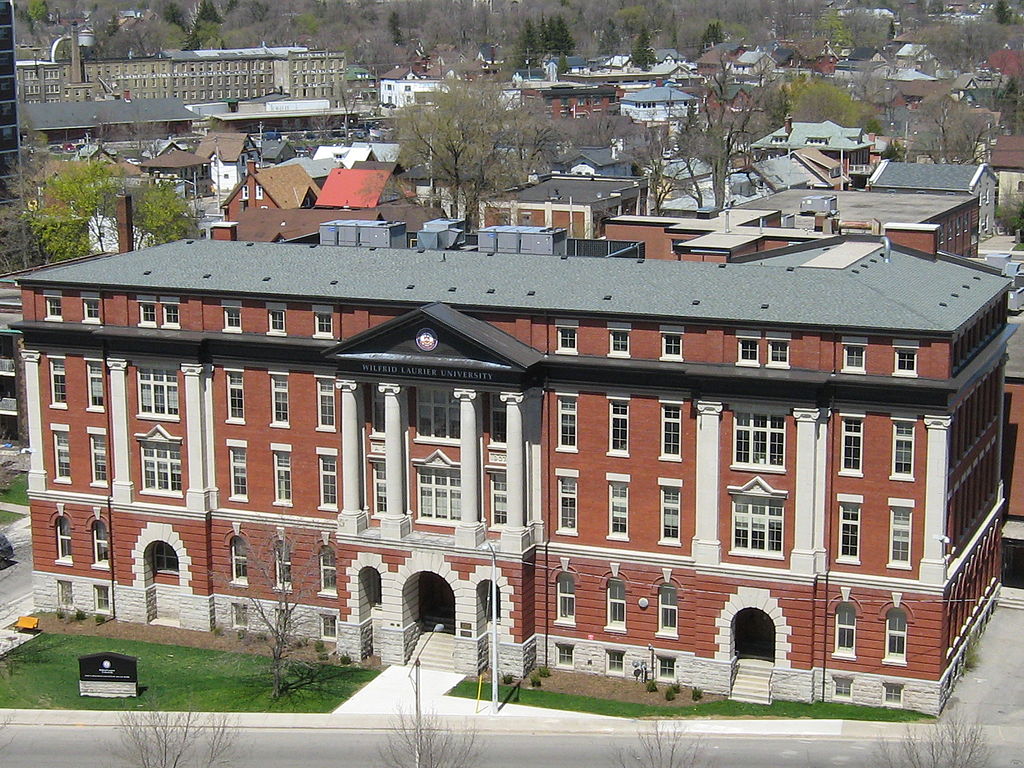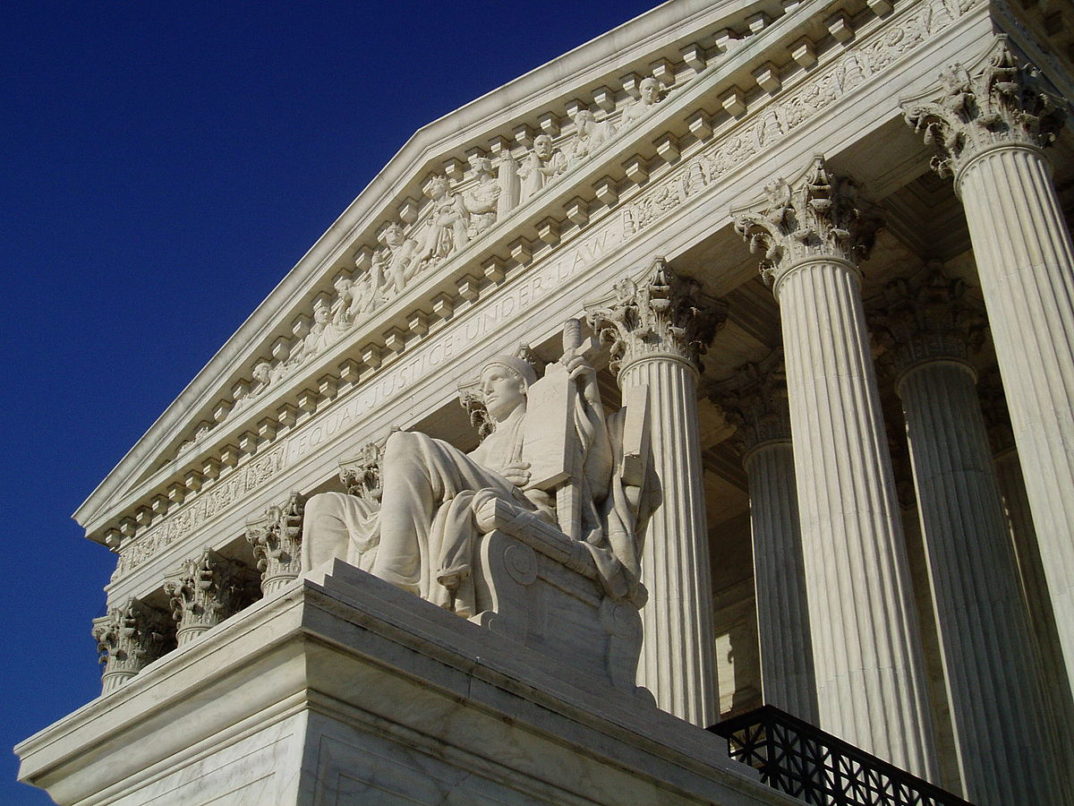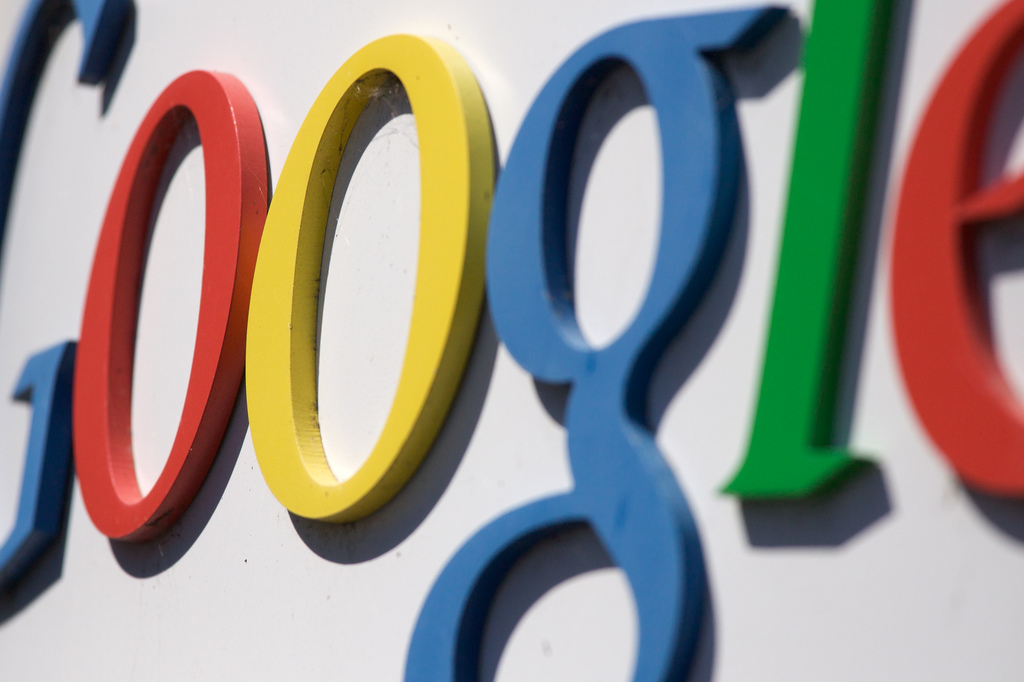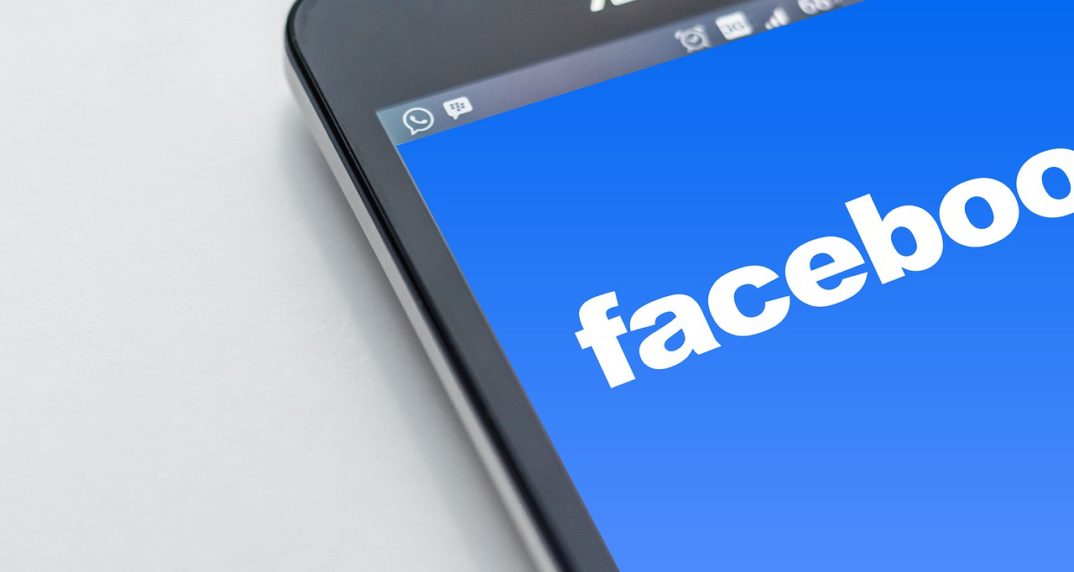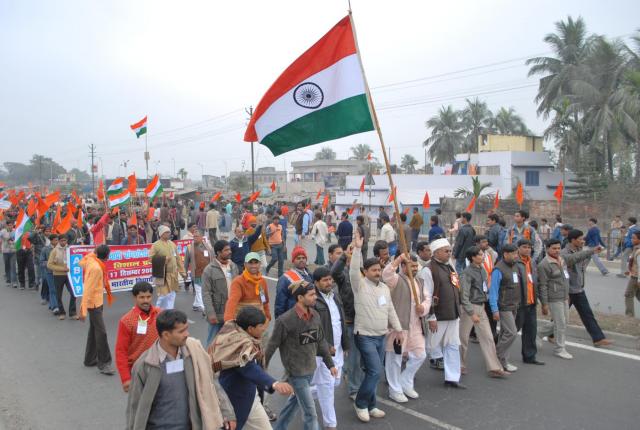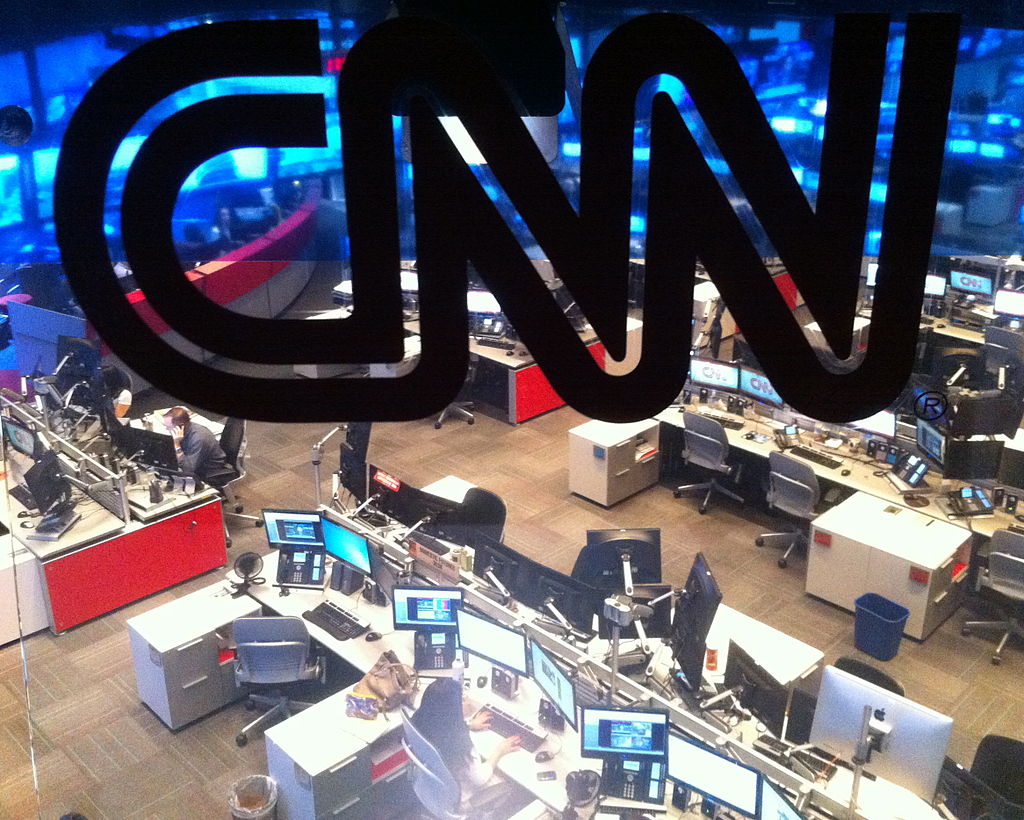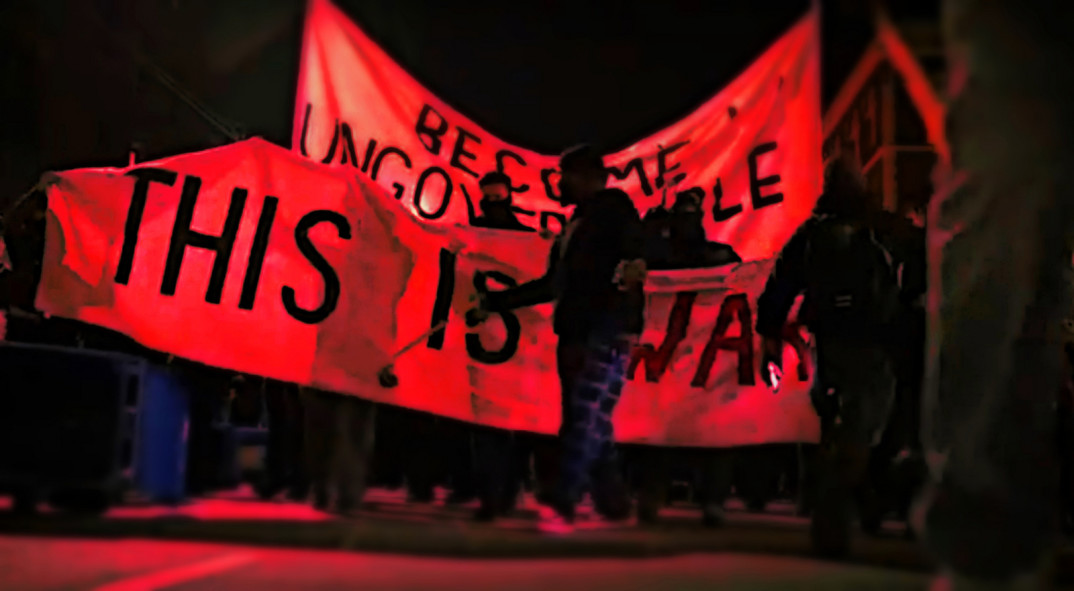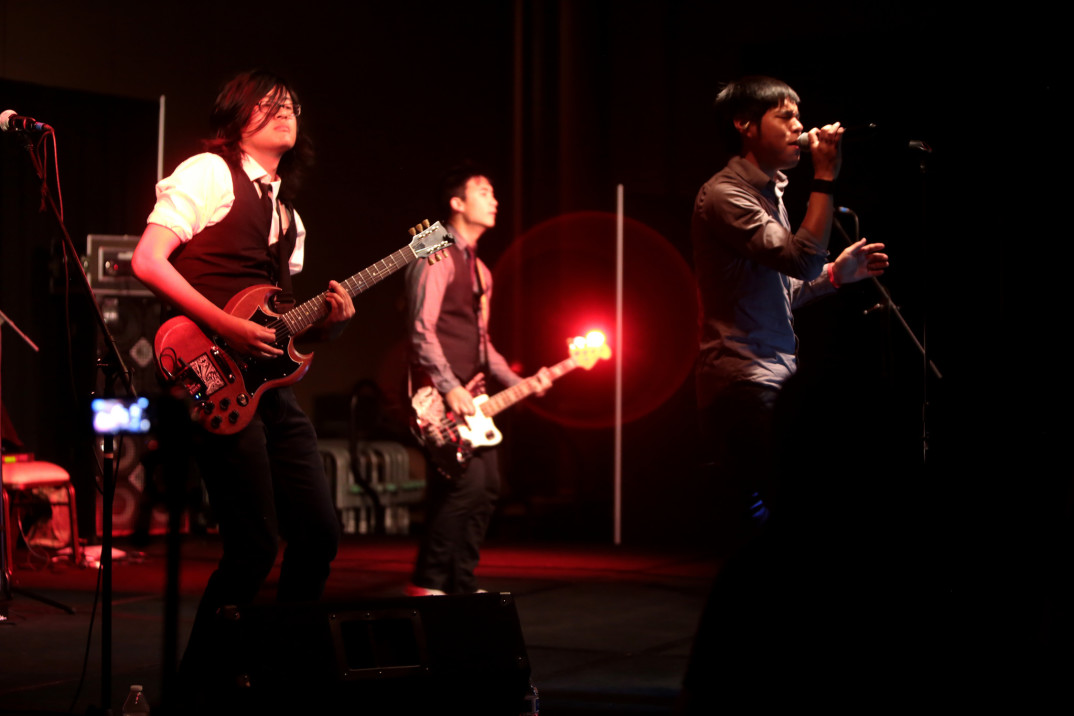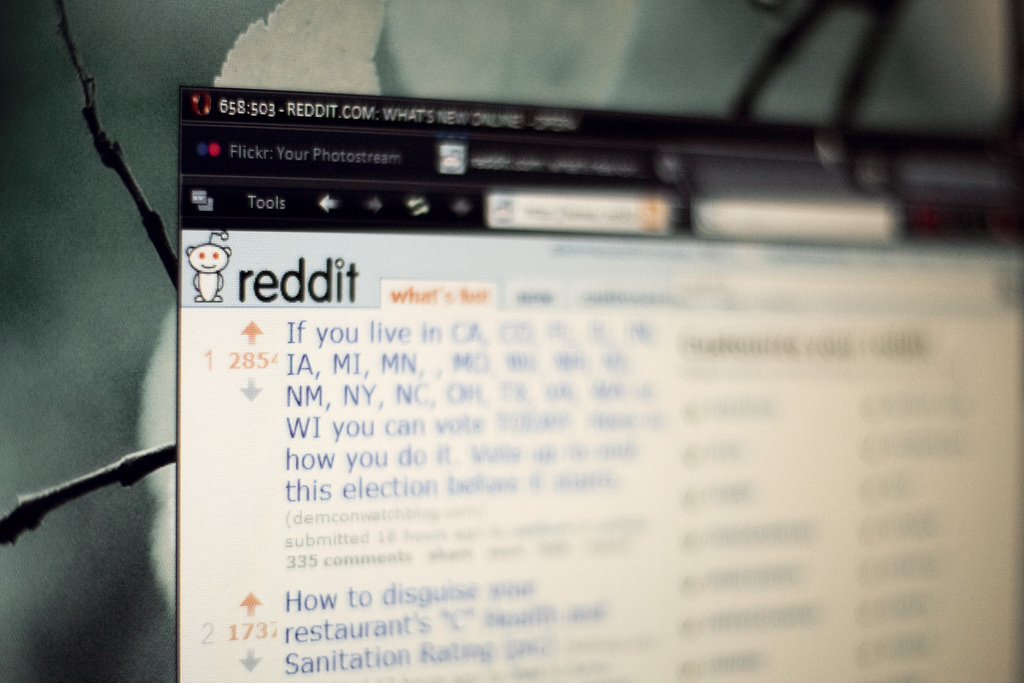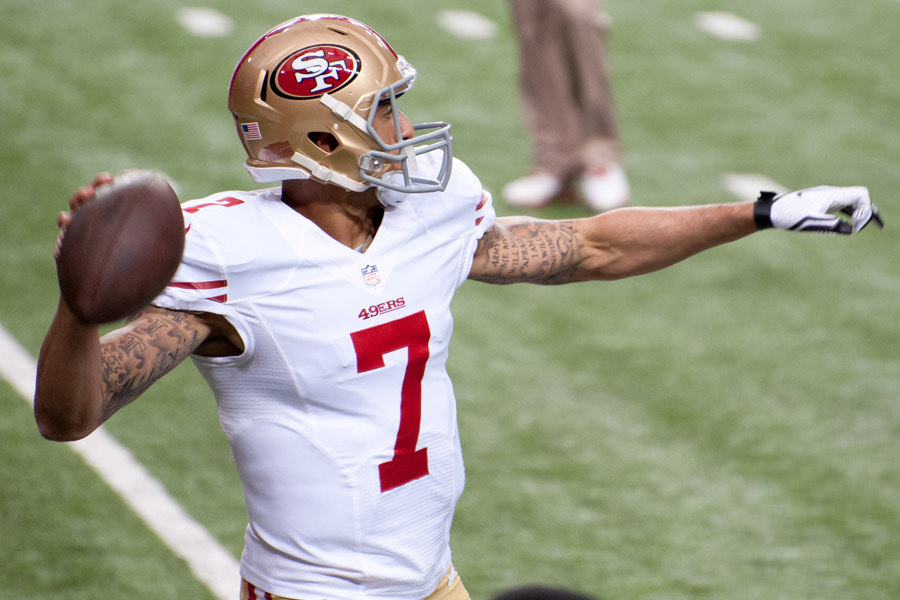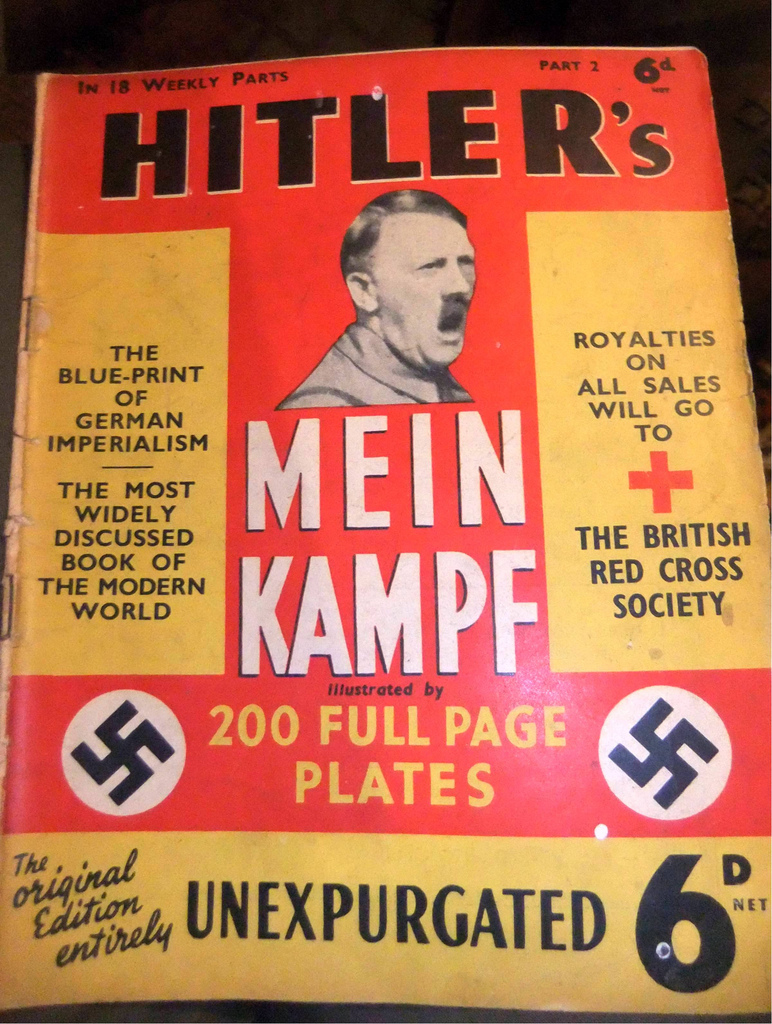At the beginning of November, Lindsay Shepherd, a graduate student at Canada’s Wilfrid Laurier University, made the fateful decision to show a video clip of a debate about pronouns to her tutorial for students in a large first-year writing class. The debate, which aired on Canadian public television a year ago, featured firebrand Jordan Peterson, a professor of clinical psychology at the University of Toronto and a crusader against political correctness.
Continue reading “Pronouns and Provocateurs: Wilfrid Laurier University’s Free Speech Controversy”

